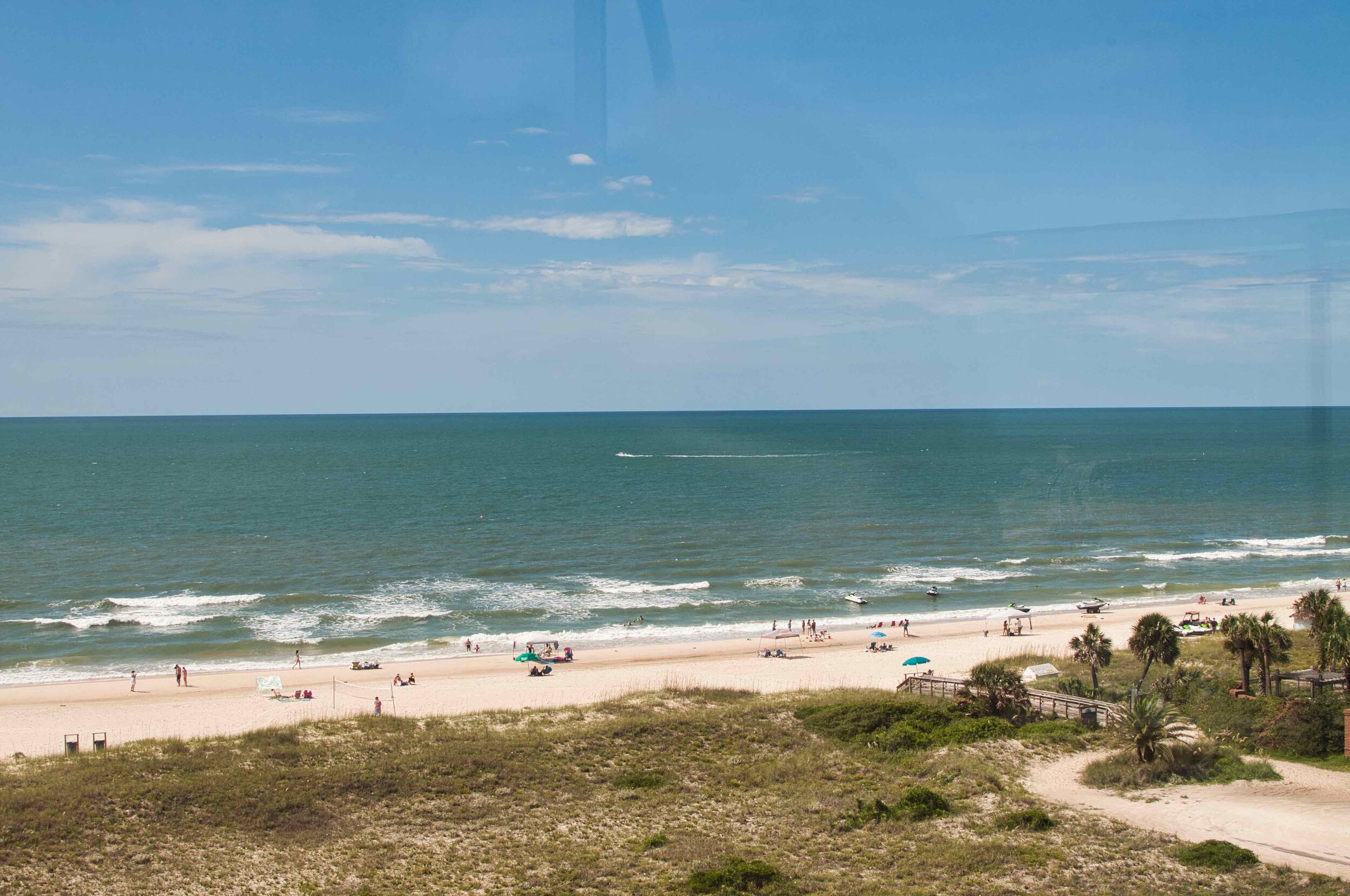Embracing Peak Unproductivity
Sometimes you just have to lean into the lazy.
We’ve all been feeling it during this pandemic: the creeping malaise, the ennui, the increasing inability to apply ourselves to even the most basic of tasks with any regularity. Like showering. Anyone else? Maybe you, too, are at a point where you decide to eat another snack because it feels vaguely like getting something done. And you desperately need to get something done in order to feel normal and sane and like a worthy human being.
When regular routines have been lost and uncertainty is at an all-time high, this is what it feels like. It’s both anxiety-producing and boring at the same time. On TV, people caught in pandemics seem more vital, don’t they? They band together, use their ingenuity to secure their daily needs. There’s drama, excitement, danger. Think Walking Dead.
Once I went to see a battle reenactment, and it was eye-opening as to the real nature of war. Lots of sitting and waiting. Lots. That’s what real life is like. And that’s what this pandemic is like. We’re all just sitting around waiting for…something. What, we don’t even know. We’re trying to feel as normal as possible and keep up with routines of work and family, but we are failing. And now with things reopening across the country and the future somehow seeming even more uncertain, well…anyone else find themselves so exhausted by circumstances they just zone out completely?
Embrace it. Seriously. One, you can’t really do anything about it. Your brain and body are reacting this way because when there is intense uncertainty, it’s an evolutionary advantage to slow down and conserve energy. If you find yourself zoning out, it’s because that’s what you need to do right now. Trust the instinct, and trust yourself. Come on, you know you’re not a lazy person, even if you feel like one right now! Which brings us to point two: the reason you feel like a lazy worthless human being right now is because that’s what society wants you to feel. Productivity is the fuel that feeds the fires of capitalism and human progress, right?
But does productivity feed your fire? Right now perhaps you feel like you’ve lost your vitality. But ask yourself this: what, exactly, was it about your former way of life that made you feel vital? Was it the busyness? The routines? Is making productivity a priority worth it if any time you falter, you feel terrible about yourself? Ask yourself: why are you doing all the things? To get them done, or because they sustain your spirit?
Lean into lazy. I mean it. This is an unprecedented time. Use it to experiment. Instead of trying to get something worthwhile done today or tomorrow, try getting nothing done except what you absolutely have to. And be ruthless about what is necessary. Feed the pets/kids/etc.? Sure. Vacuum up the pet hair that is now practically another pet? Nope. Or do what I do – scrape together the most visible piles with your hands and toss those. There, cleaning done! Then do what you feel like in the moment. Even if it’s just sitting there staring at a wall. Tell yourself that anything you do - anything - has value, it’s worthwhile.
Here’s the thing. Most of the standards we hold ourselves to are completely arbitrary. In fact, most of our standards are really just measurements we use to judge ourselves and others. Think about it. It’s not enough to just make money – how much money matters. It’s not enough to have a house to live in – how clean and well-appointed you keep it is the true measure of your home’s value and by extension your personal value. Giving up those standards, rejecting them, is extremely difficult. Because they are how we understand ourselves as worthy human beings – through judging ourselves on a scale of “how much.”
This is why we are struggling right now. The scale is unbalanced. It’s fallen off its fulcrum. It’s disorienting: this shit is hard! But it’s happening regardless of whether we want it to or not. And I think we all know that when this all ends, things won’t get back to normal. Things are changed forever. How can we be ready for this new world? By being open to examining our fundamental assumptions about ourselves and what life should look like.
Years ago, on the eve of going abroad to live in China, I was given a little card that read “When nothing is sure, everything is possible” (attributed to M. Drabble). The saying has always made me uncomfortable, because it doesn’t make sense to me. How do you even know what is possible if nothing is sure? We all live within certain constraints; how can everything be possible? But there is something hopeful in the idea that we can remake ourselves, our lives, even if it’s only in small ways.
What are your possibilities? What will you make out of this time of uncertainty?

